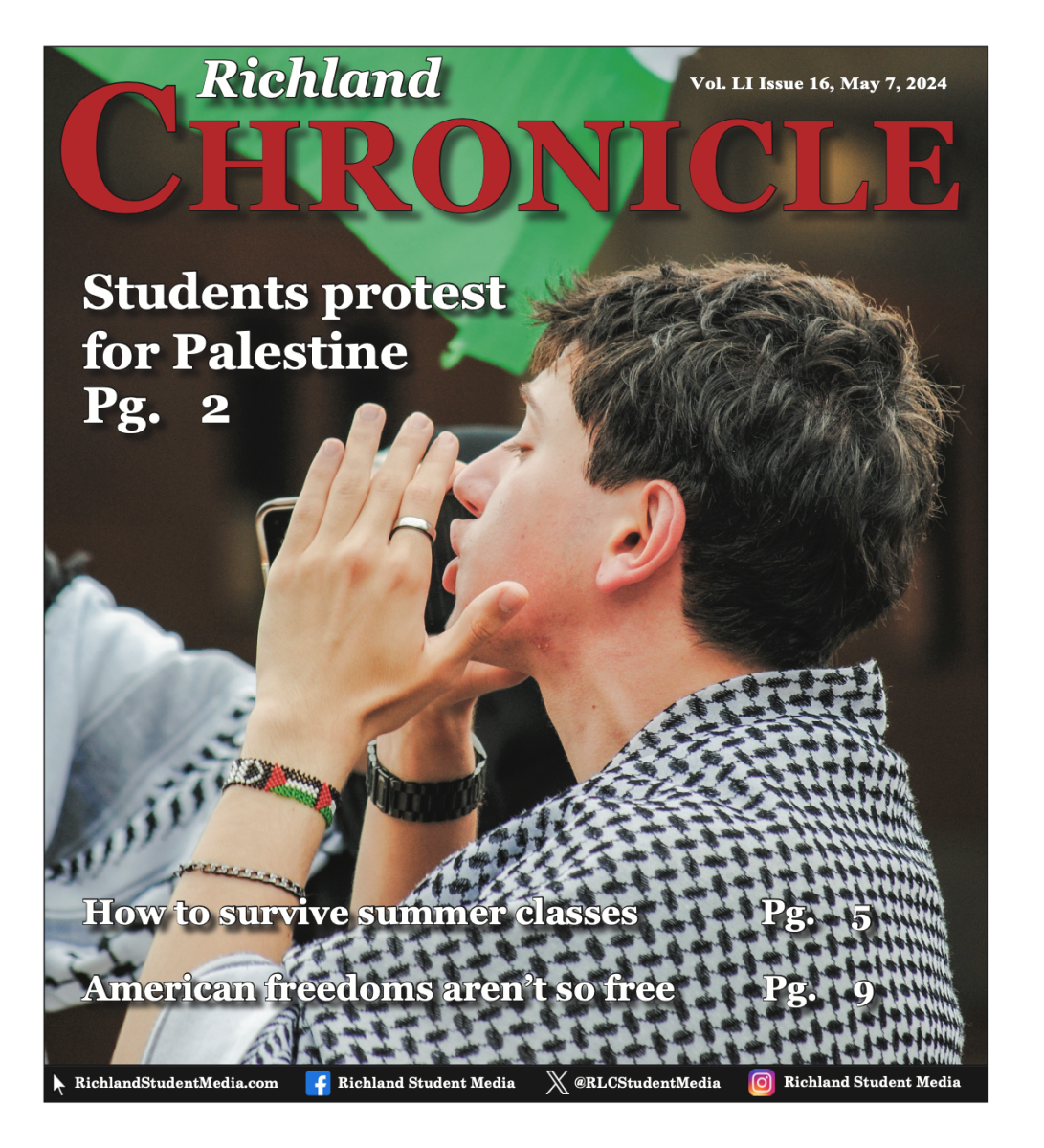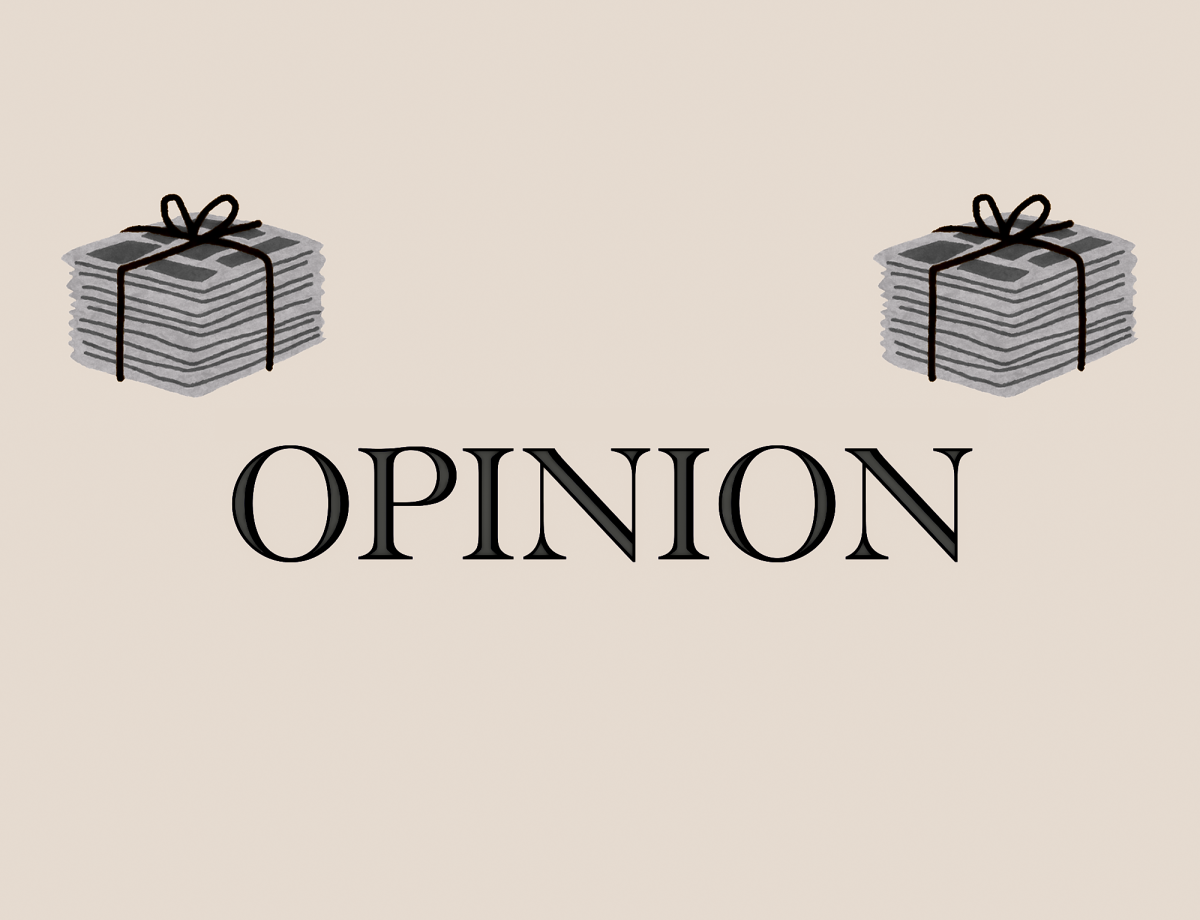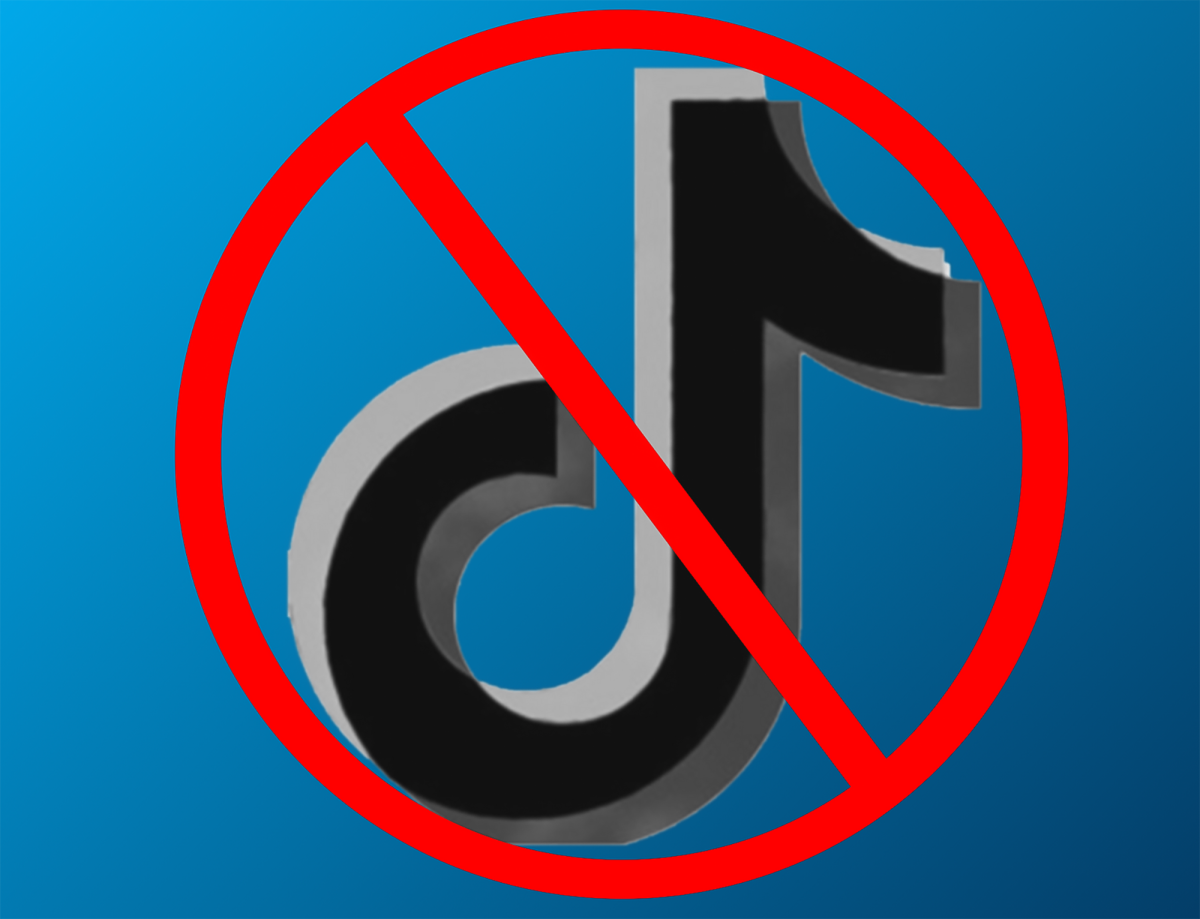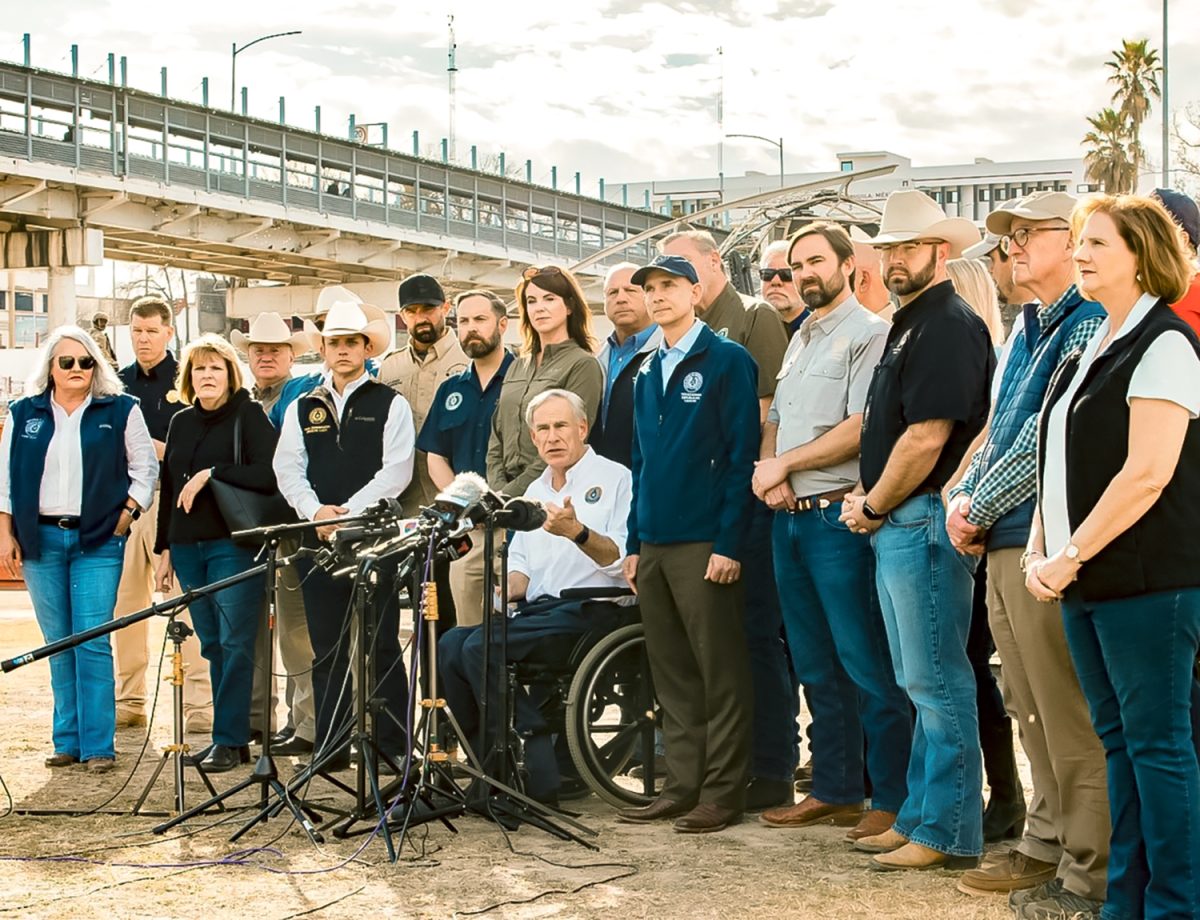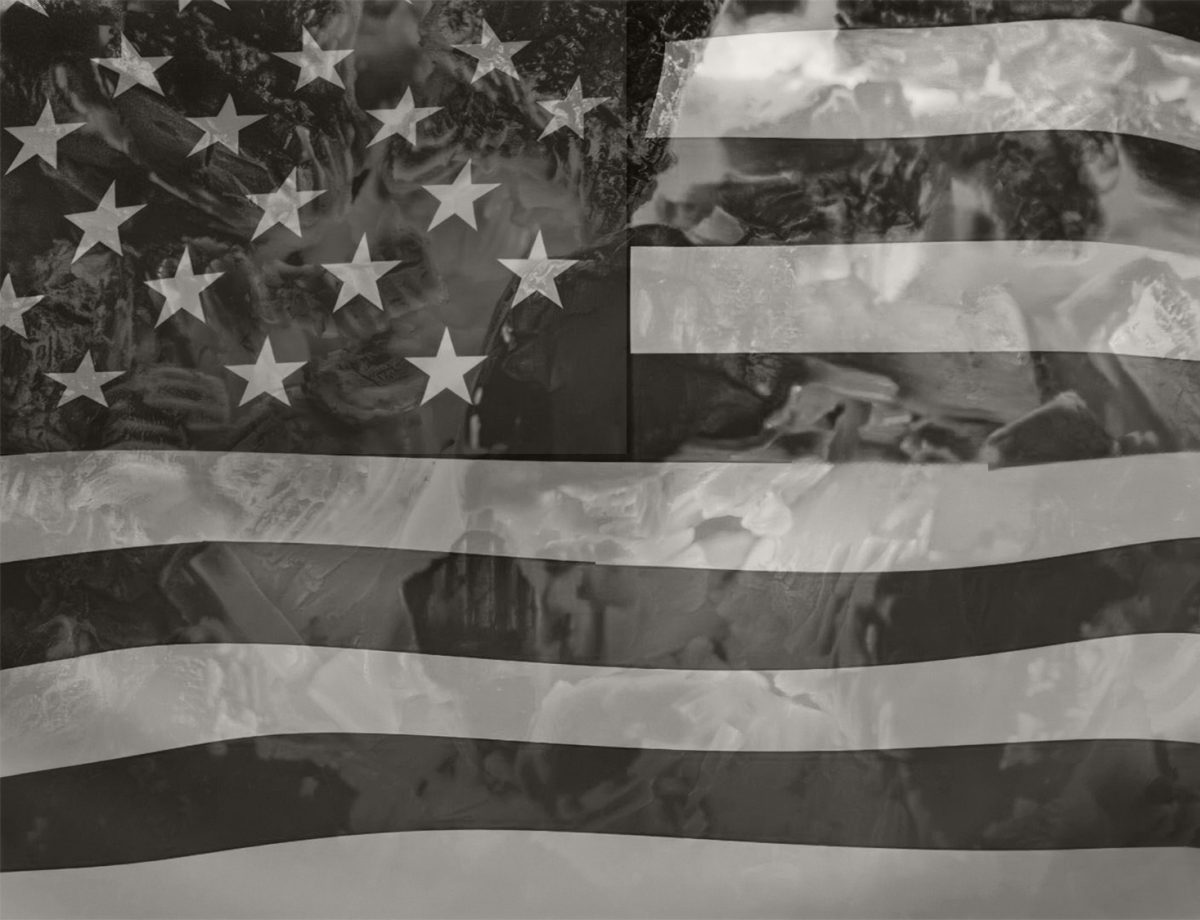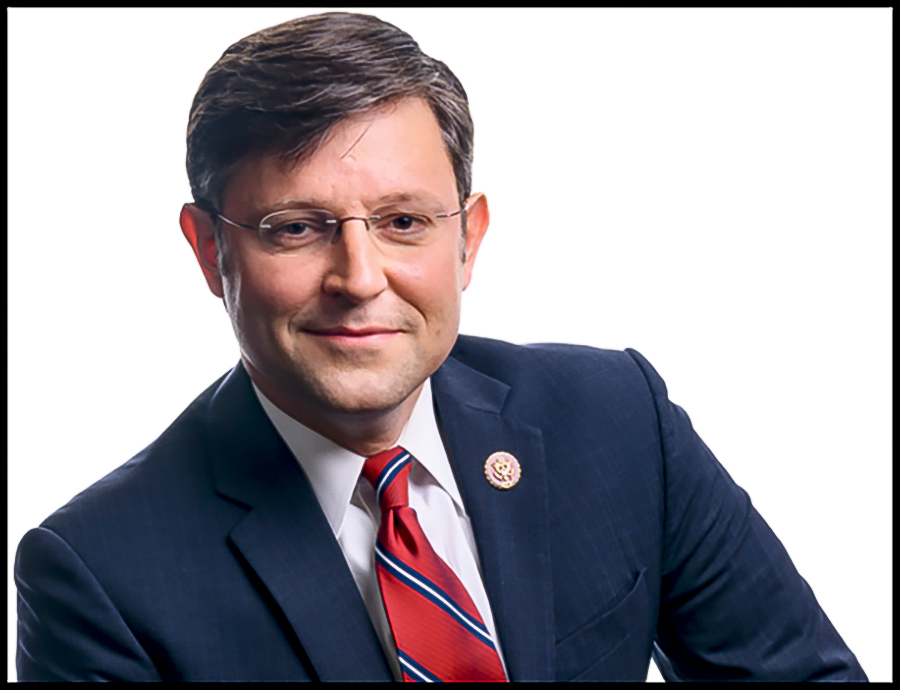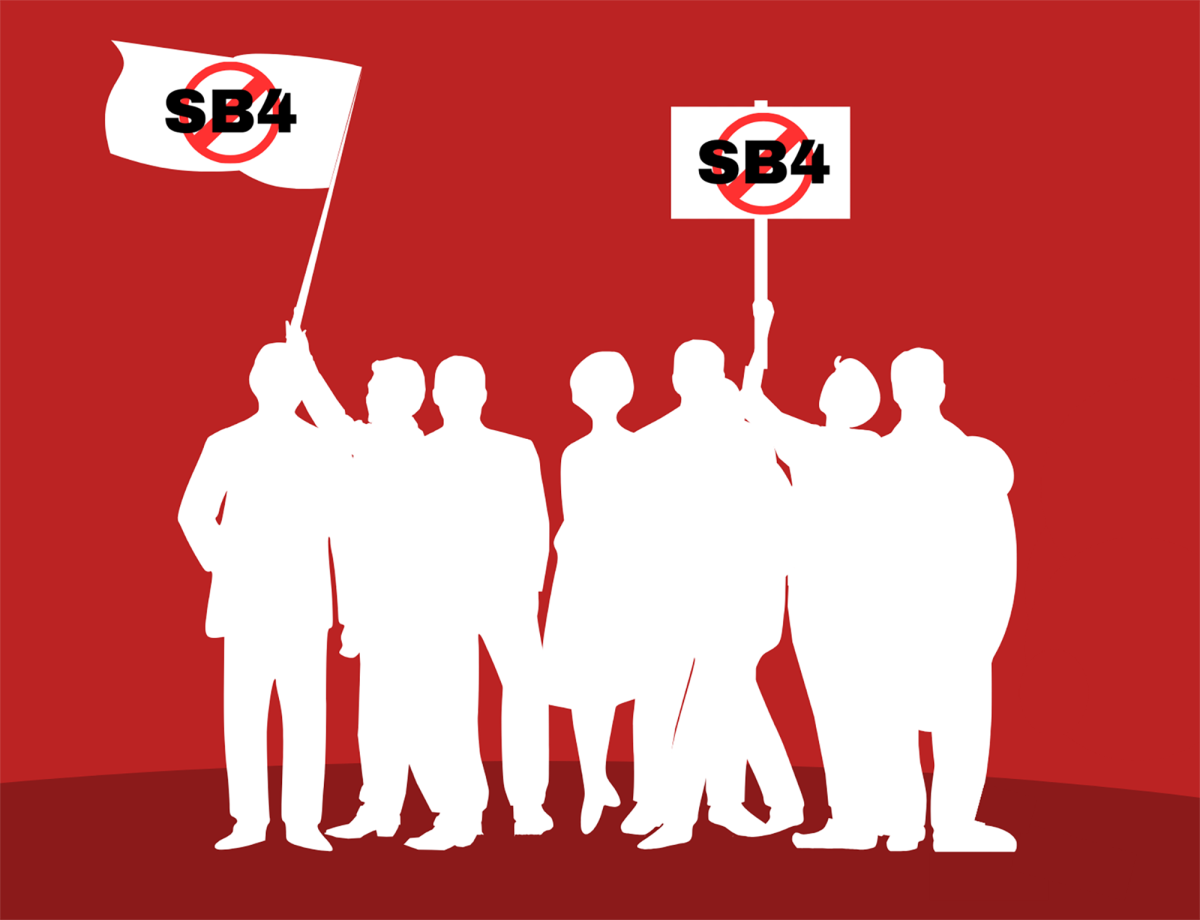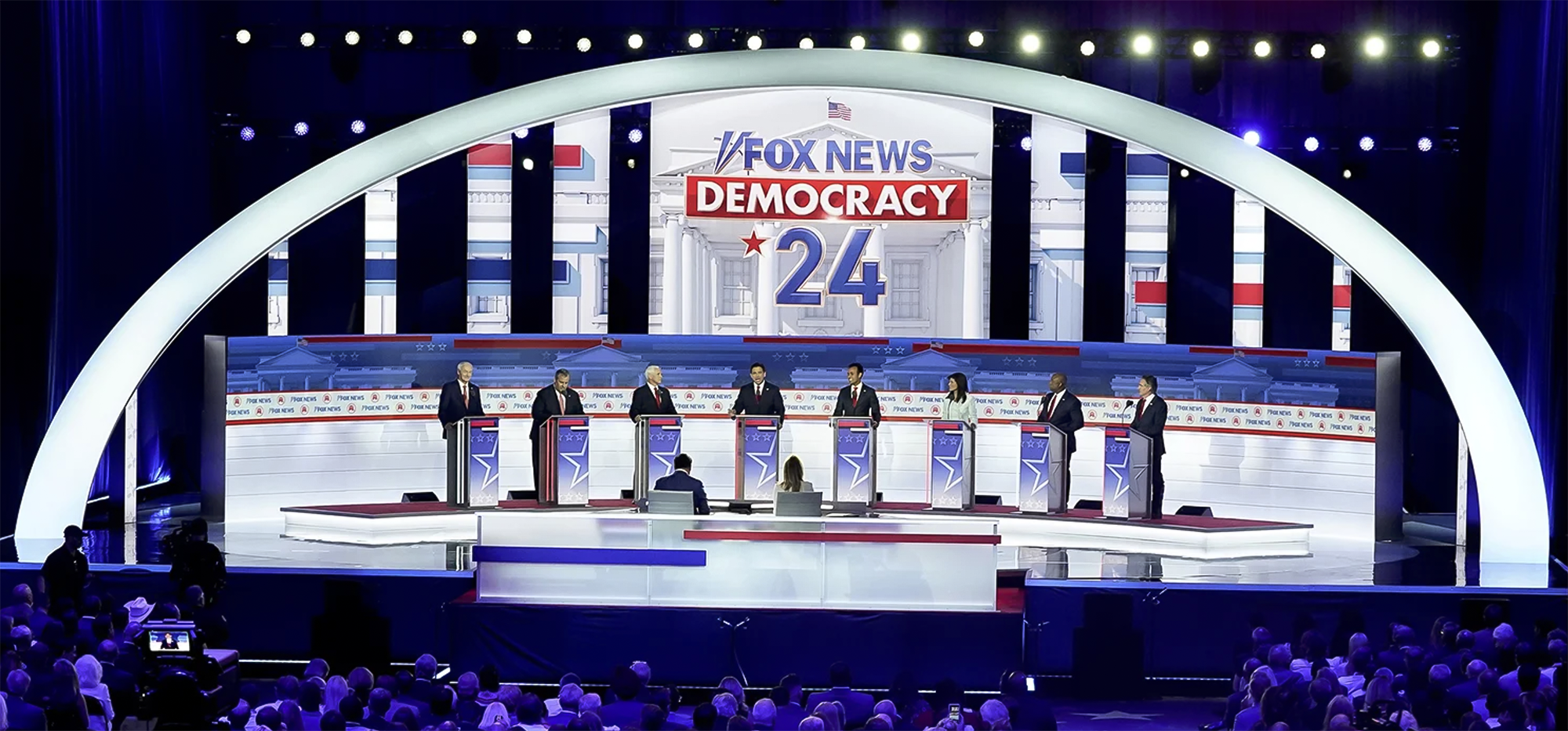
The presidential election season has officially begun as of the 23rd of August with the first Republican presidential debate. The candidates who appeared were Asa Hutchinson, Chris Christie, Mike Pence, Ron DeSantis, Vivek Ramaswamy, Nikki Haley, Tim Scott and Doug Burgum. All had important arguments that are crucial when considering who will hold the position of the Republican presidential nominee, so here is a rundown of what took place.
Some of the more important discussions that took place were about extremely impactful issues in our country, such as abortion, the gun epidemic and economic-related problems. These issues provided important insight into the mindsets and goals of the candidates, and helped to define some of the solutions that would be implemented should a candidate win.
It began with the topic of abortion bans, to which most Republican candidates support a hard pro-life stance.
Haley is firm about her pro-life beliefs due to personal reasons.
“Having said that, we need to stop demonizing the issue.” She told the candidates. She proposed late-stage abortion limits, increased adoptions, and doctoral discretion based on their personal beliefs, all of which are her compromises to the democratic ideals.
In contrast, DeSantis proudly upholds strict anti-abortion views, citing the so-called Heartbeat Bill he signed into law in Florida earlier this year. He criticizes Democratic extremism on the matter, claiming that “We’re better than what the Democrats are selling.” Pence agreed with DeSantis, attributing his pro-life stance to his religious faith, and asserting the importance of leadership over consensus.
From abortion, the conversation moved to high rates of crime, and the gun violence rates in the U.S.
It began with a question to Christie about the high shooting rate in Milwaukee and his decision to block gun control legislation. He responded proudly and argued that the focus should be on the emphasis of law enforcement arresting and imprisoning criminals, rather than gun control. His ultimate answer, however, was to mention the ample space in federal prisons, perfect for criminals convicted of violent crimes.
Ramaswamy felt similarly but proposed a different solution. Highlighting the mental health crisis in the country and connecting the closure of mental health institutions with a rise in violent crime, Ramaswamy suggested faith-based approaches to addressing the lack of purpose and meaning in people’s lives. By doing this, it would help tackle the issue of violence and mental health epidemics in the U.S.
“What we really need is a tonal reset from the top saying that this is what it means to be an American.”
DeSantis was eventually brought into the conversation, and he took credit for an all-time low in crime rates in Florida, promising to end high crime rates if elected president.
The subject shifted from there, and the debate about the nation-wide economic issues began.
DeSantis opened on this topic, stating his three solutions to the economic crisis. To reverse Bidenomics, decrease overspending by Congress, and finally, to lower gas prices by opening all energy productions.
Tim Scott brought up his own solution, which was to “Turn the spigot off in Washington, and send the money back to the states, allowing the decisions to be made at their own houses.” He cited his work on the Tax Cuts and Jobs Act in 2017 and told the candidates that “if you don’t send it to Washington, we can’t spend it. That’s good news for the American people.”
But what exactly does this all mean for the American people?
When taken as a whole, the Republican lineup presents an interesting array of individuals, each bringing their unique perspectives and policy propositions to the forefront. As the political scene continues to evolve in this presidential election, it’s important to remain informed of the evolution of these potential candidates, each of which could significantly shape the party’s future.
This is the same for the topics mentioned here, as they will continue to be addressed and spoken about by the candidates. The proposed solutions will shift and change as the election season does, and so those who may have seemed likely winners initially may find themselves at the bottom of the election results in 2024.

